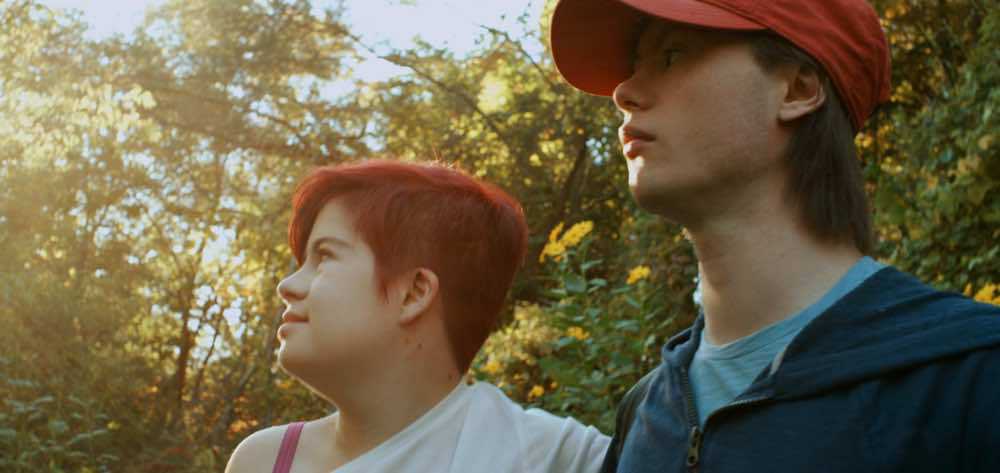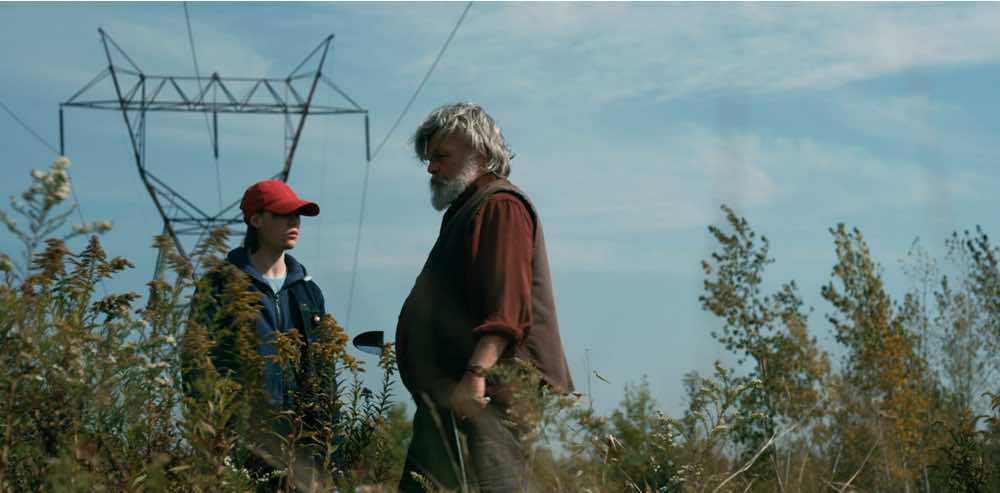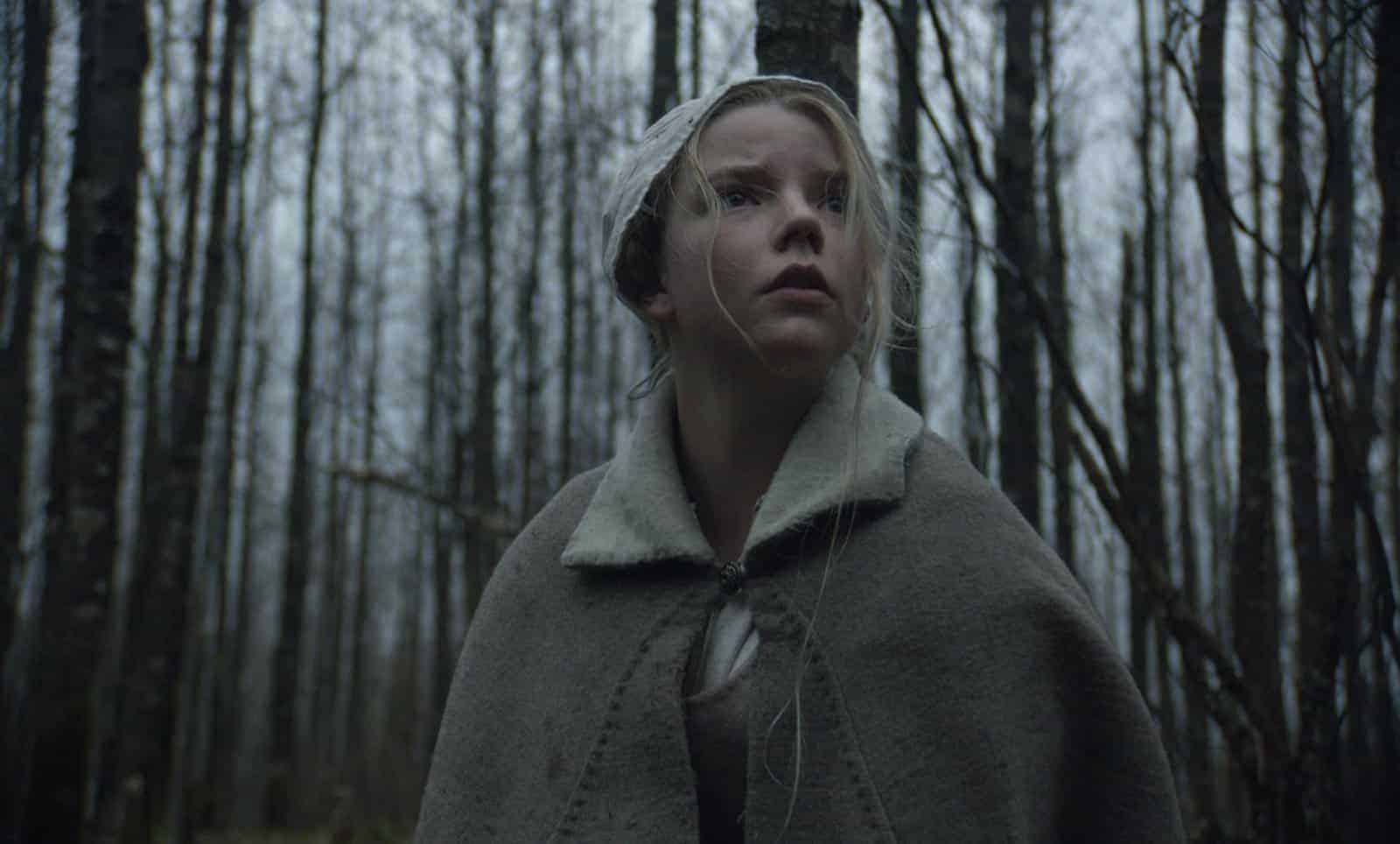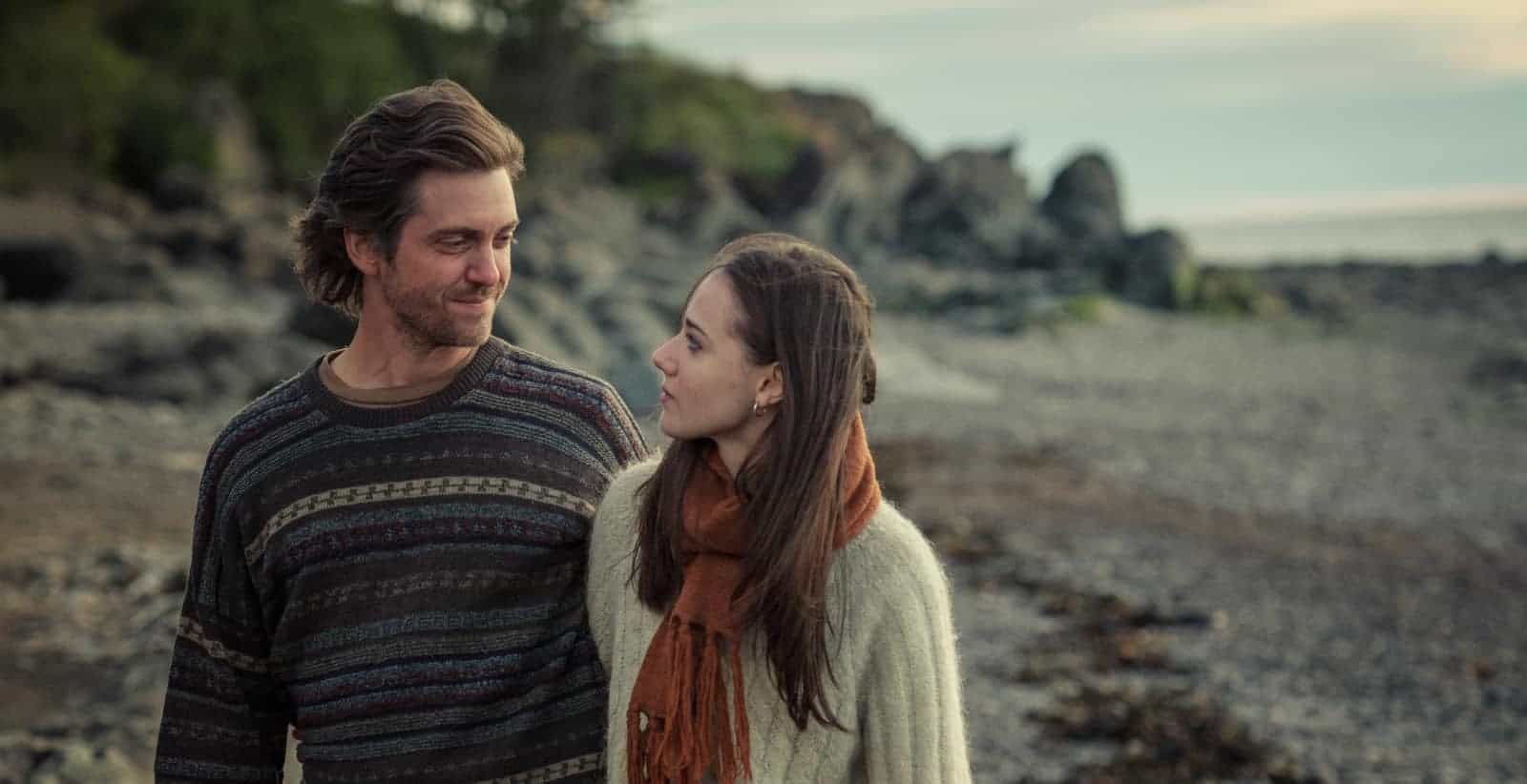The Rainbow Kid addresses both the ways in which disability can be a limitation and a difficulty without presenting it as utterly debilitating.

Given its premise — Eugene (Dylan Harman), a nineteen-year-old boy with Down syndrome and sets off on an adventure to find a pot of gold at the end of the rainbow — you might be quick to jump to wrong conclusions about Kire Paputts’s The Rainbow Kid. But this is not a light and gooey family film about how a boy with a disability teaches the able-bodied about life. It’s something much smarter, much darker, and much more necessary. The film addresses both the ways in which disability can be a limitation and a difficulty without presenting it as utterly debilitating. Eugene has a rich inner life, and he’s also burdened with the sort of responsibility that no teenager should be forced to handle.
At the start of the film, Eugene discovers that his mother has failed to pay the rent on their Toronto apartment. They’re about to be evicted. At school, he dreams of a girl who doesn’t notice him, and he’s bullied by the kids without cognitive disabilities because they can get away with it. His counselor suggests he move into assisted living, but he’s determined to make living with his mother work. It’s no small feat given that his mother is depressed, spending most of her time in bed, barely responsive. Although the reason for her depression is never addressed, it’s certainly implied that it may not be unrelated to the difficulties of taking care of her son. Irish writer-director Gerard Barrett explored this issue expertly in “Glassland” earlier this year, in which Toni Collette played the depressed, alcoholic mother of a child with Down syndrome.

Intent on finding the money they need to stay put, Eugene sets off on his red bike — with training wheels, an important but subtle detail — to rural Ontario in search of a pot of gold. It’s a fool’s errand, but he’s not quite able to see that. What Eugene sees is a need to solve a problem, and he has remarkable determination. Along the way he meets a cast of eccentric characters, some harmless and others extremely menacing. We sense danger lurking behind every corner even as Eugene encounters nothing but friendly people who want to talk and help him.
But these meetings grow darker and darker with time. When Eugene gets dance lessons from a cross-dressing punk rocker (Julian Richings) who’s nostalgic for his youthful days of chasing women, it’s bittersweet. When he hitches a ride with a seemingly friendly man, we start to worry when his a bit too keen for Eugene to meet his daughter, another teenager with Down syndrome, Anna (Krystal Hope Nausbaum). The result proves frighteningly creepy. There are sweet exchanges between Eugene and Anna. But Eugene also sees that her father seems to be exploiting her, even though Anna can’t.

Paputts doesn’t shy away from the very difficult realities of living with a disability. Though some people may respond to you with hospitality, others see the opportunity to take advantage. There are good-hearted people in the film, but we never encounter the kind of great parents that star in Stephane Brizé’s Measure of a Man: good-natured, middle class people, struggling to pay the bills for their son with Down syndrome whom they love with every fibre of their being. Eugene is left very much on his own, and no matter how much he’d like to believe he’s independent — and in many ways he is — he isn’t equipped for the kind of light-hearted adventure that would be no big deal for a kid without disabilities. It’s a luxury he doesn’t have. What starts out as an adventure can very easily turn into a nightmare. And Paputts deals well with these emotional strains, much as Louise Archambault’s “Gabrielle” did for its protagonist with Williams syndrome. Whatever his difficulties, we are always aware of Eugene’s agency.
Torontonian filmmaker Kire Paputts has a terrific eye for composition, colour, and the beauty of the Canadian landscape. He lets his camera revel in the scenery, and in every frame, he finds the right blend of colours. Giving Eugene a red hat was a stroke of genius, ensuring every frame pops, even those featuring predominantly greens and blues. Whether it’s a long shot of Eugene and one of the people he encounters or a closeup of Eugene’s foot pedaling his bike, every frame is exquisite. There’s also a great visual motif of Eugene moving at opposite directions from other people in frame, always fighting an uphill battle. This is sophisticated camera work, and especially accomplished for a debut feature film. Occasionally, Paputts falters in tone, veering a bit too far into horror and unnecessarily dark terrain. And there are scenes that by nature feel stilted. But this is an important achievement that should be taken seriously.
[youtube https://www.youtube.com/watch?v=ZRRWXMy_yEM]

